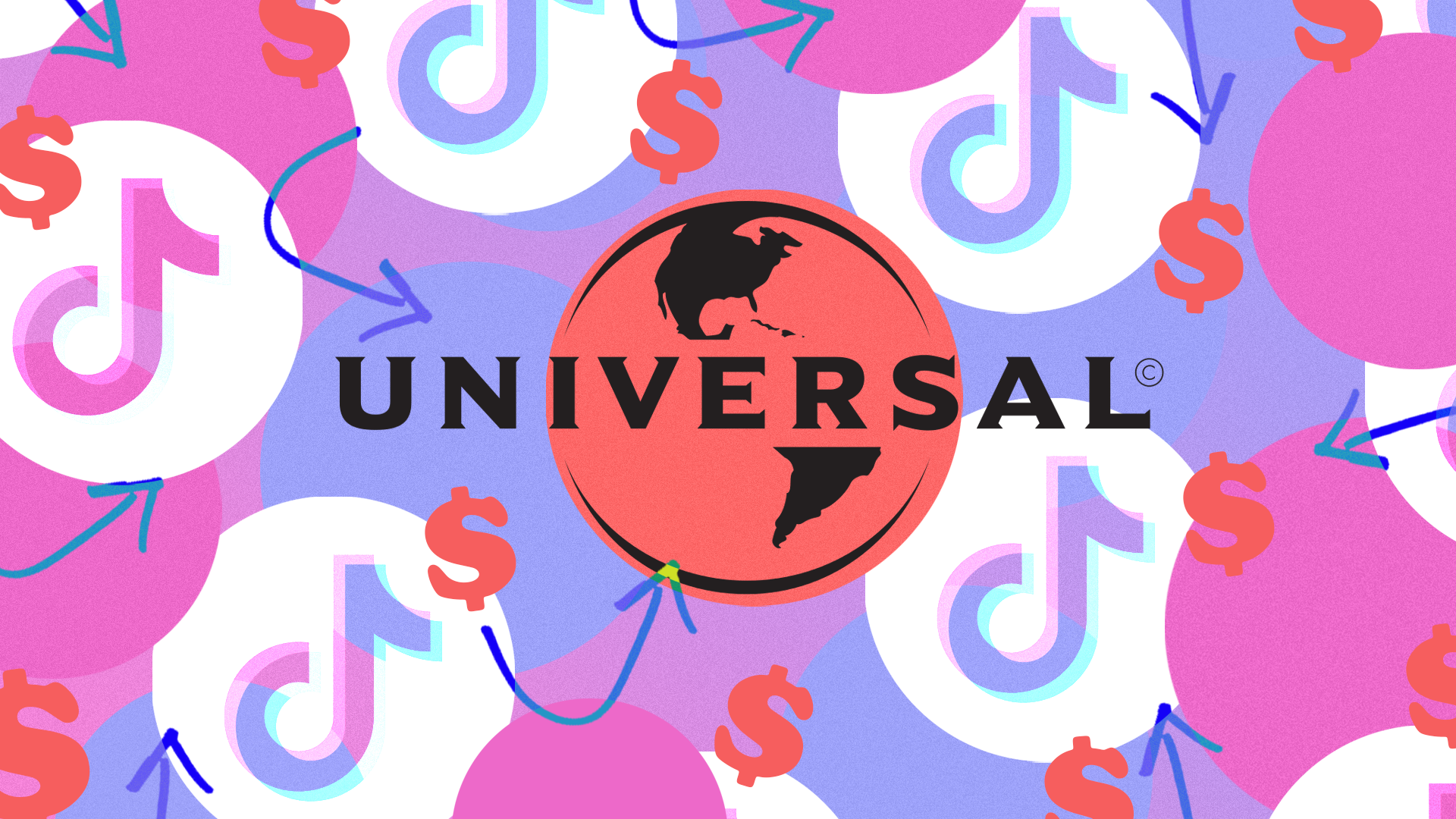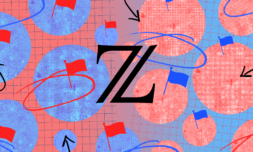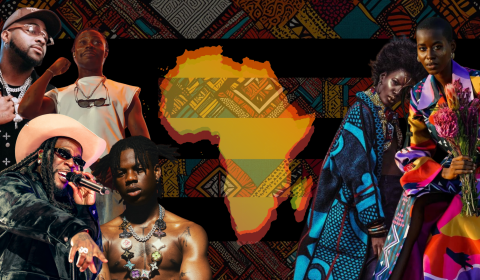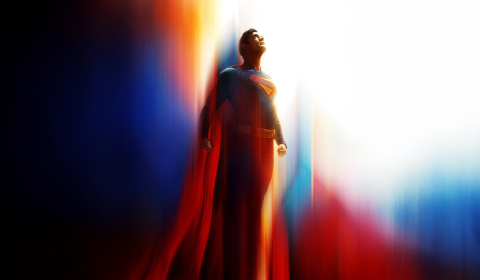Millions of songs will be taken down from TikTok after talks over payment with Universal Music fell through. It means a wealth of material from huge artists will no longer be available.
TikTok is once again facing controversy. This time, it’s over payment and music royalty rights.
Universal Music, one of the world’s biggest music corporations, is gearing up to pull millions of songs from TikTok after it failed to reach a deal over catalogue fees. The former accused the social media platform of ‘bullying’, claiming it wanted to pay a ‘fraction’ of the rate others such as Facebook and Instagram currently do to access its songs.
Our core mission is simple: to help our artists & songwriters attain their greatest creative and commercial potential, which is why we must call time out on TikTok.
Learn More: https://t.co/yJDQ7FdgNc pic.twitter.com/Lhluz1ez5H
— Universal Music Group (@UMG) January 31, 2024
In response, TikTok said that Universal was pushing a ‘false narrative and rhetoric’ and is refusing to budge on its payment agreements.
Keep in mind that Universal is a huge organisation that controls and owns roughly a third of the world’s music. Similarly, TikTok boasts over 1.2 billion users as of October 2023. The two companies being unable to find common ground is likely to hurt artists and creatives that rely on both to operate, especially lesser known and smaller acts.
What has Universal accused TikTok of doing?
In an open letter to ‘the artist and songwriter community’, Universal alleged TikTok of trying to build a ‘music-based business’ without ‘paying fair value’ for said music.
Universal explains in its letter that it has pressed for three key points during contract renewals with TikTok: ‘appropriate compensation for artists’, protecting ‘human artists from the harmful effects of AI’, and ‘online safety for TikTok users’. It also claims that TikTok only accounts for 1% of its total revenue, despite being a significant influence on its business model.
The music company’s hits at TikTok go further, too. It says that the platform makes ‘little effort’ to deal with the ‘vast amounts of content […] that infringe our artists’ music’ and has ‘offered no meaningful solutions to the rising tide of content adjacency issues’.
Universal says that TikTok reduced its proposed terms of payment after initial discussions fell through, threatening to remove music from smaller and emerging artists and prioritising big names such as Taylor Swift and the Weeknd, among many others. It says that TikTok’s tactic is to ‘hurt vulnerable artists’ and push Universal into a ‘bad deal that undervalues music’.
TikTok’s response was brief, describing Universal’s claims as ‘sad and disappointing’. It said that the music company had ‘put their own greed above the interests of artists and songwriters’, describing the open letter as a ‘false narrative and rhetoric’.
Universal will pull all of its songs from the platform any moment now, as its contract with TikTok expired on the 31st January 2024. This means that all songs owned by the company will no longer be accessible, including Harry Styles, Ariana Grande, Coldplay, Billie Eilish, and many, many others.
Why is this communication breakdown a big deal?
While removing music by huge, global superstars is unlikely to affect the growth and popularity of artists like Bad Bunny and Drake, it will have an impact on smaller acts trying to make a name for themselves.
As mentioned, TikTok enjoys a huge user base, and has a significant role in shaping modern music trends. The Spotify Top 50 charts are now usually a mix of old and new tracks, no doubt in part thanks to viral snippets being shared across TikTok and Instagram.
Universal is right to highlight just how vast and influential TikTok has become for the industry.





















